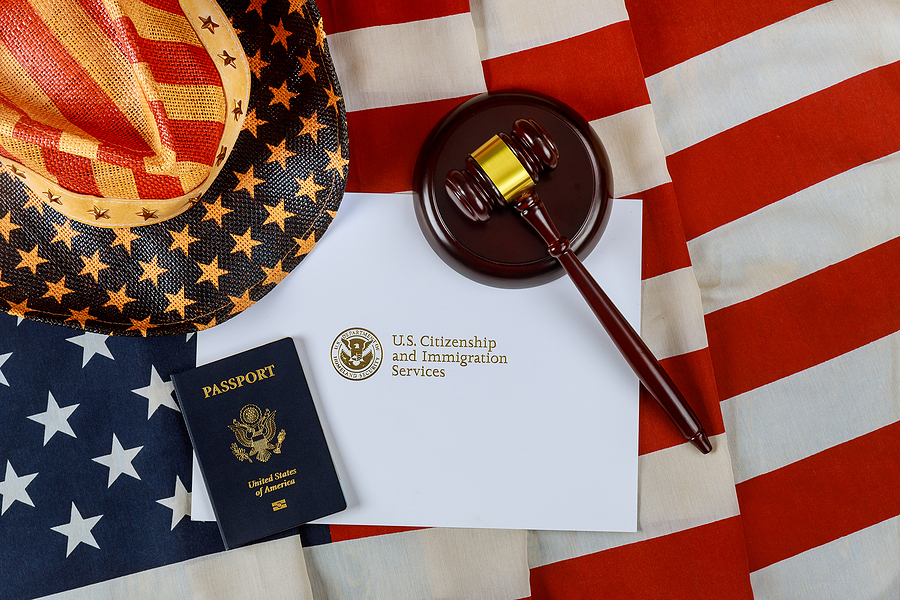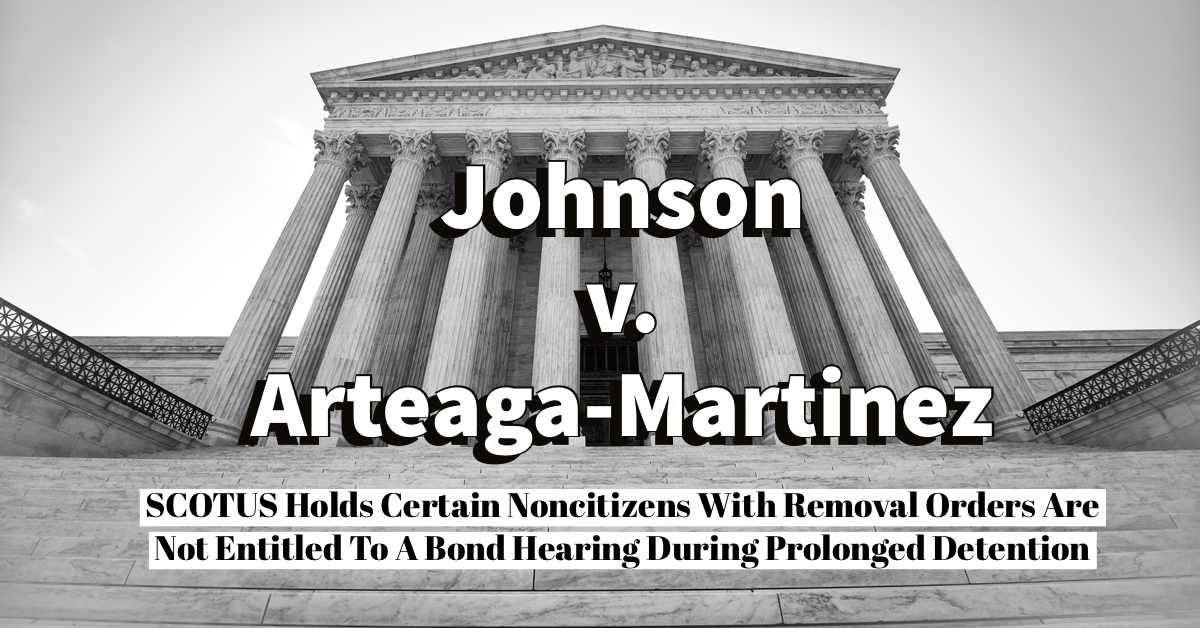The Green Card interview occurs when an official with the U.S. government meets with the Green Card applicant to verify the information originally provided in the person’s application. This information includes whether the applicant is eligible to become a permanent U.S. resident and whether all the information provided on the application is valid.
This information includes whether the applicant is eligible to become a permanent U.S. resident and whether all the information provided on the application is valid.
The Green Card interview occurs 7 to 15 months after the Green Card application has been filed. The interview normally is held at a local United States Citizenship and Immigration Services (USCIS) office or at the U.S. embassy or consulate closest to the address listed on the application.
The person conducting the interview will be either a USCIS immigration officer if your interview is occurring in the U.S. or a consular officer. The interviewer will have been specifically trained for your Green Card application type.
 Florida Immigration Lawyer Blog
Florida Immigration Lawyer Blog






 Hurricane Ian affected the lives of Floridians in countless ways. Homes were destroyed and many people’s personal belongings were lost forever. For individuals who are in the process of changing their immigration status, these losses have more than just sentimental value. The loss of certain personal items can have an adverse effect on their immigration case.
Hurricane Ian affected the lives of Floridians in countless ways. Homes were destroyed and many people’s personal belongings were lost forever. For individuals who are in the process of changing their immigration status, these losses have more than just sentimental value. The loss of certain personal items can have an adverse effect on their immigration case. The Biden administration has extended the
The Biden administration has extended the 
 Filing an accurate and thorough green card application is all the more important if you have a criminal history.
Filing an accurate and thorough green card application is all the more important if you have a criminal history.
 The United States Supreme Court recently released a decision on June 13th, 2022 that will allow for prolonged detention of certain noncitizens who have a removal order, without the benefit of judicial review. This decision is an unwelcome blow to those that have been held in custody for periods longer than six months because they will not be able to obtain a bond hearing in front of an immigration judge. The decision whether to continue detention or to release them on terms of supervision will remain with ICE.
The United States Supreme Court recently released a decision on June 13th, 2022 that will allow for prolonged detention of certain noncitizens who have a removal order, without the benefit of judicial review. This decision is an unwelcome blow to those that have been held in custody for periods longer than six months because they will not be able to obtain a bond hearing in front of an immigration judge. The decision whether to continue detention or to release them on terms of supervision will remain with ICE.  Today, the Eleventh Circuit released what looks like may be a landmark decision in
Today, the Eleventh Circuit released what looks like may be a landmark decision in  plant in its definition. Federal law does not. Therefore, a person could be convicted of a marijuana offense in Florida that involved only the mature stalk of the plant. However, that same person could not be convicted under Federal Law. So, it appears that a violation of Florida’s law relating to a controlled substance (marijuana) is not “as defined in 21 U.S.C. §802.”
plant in its definition. Federal law does not. Therefore, a person could be convicted of a marijuana offense in Florida that involved only the mature stalk of the plant. However, that same person could not be convicted under Federal Law. So, it appears that a violation of Florida’s law relating to a controlled substance (marijuana) is not “as defined in 21 U.S.C. §802.”